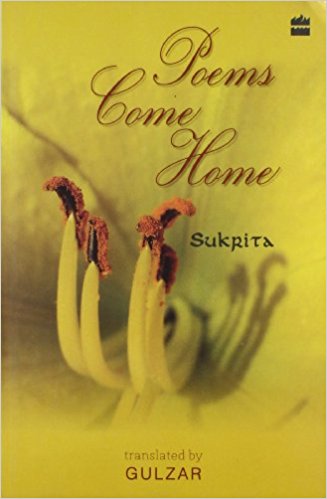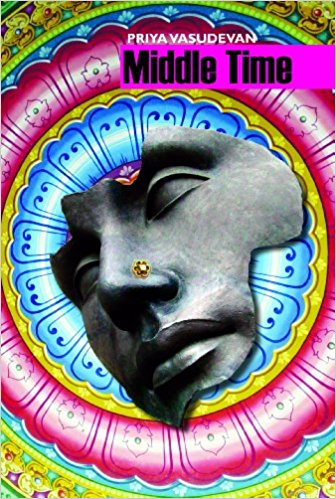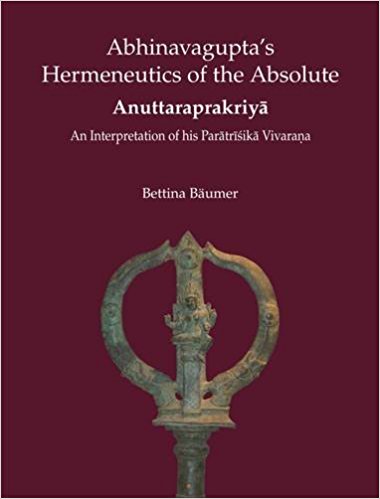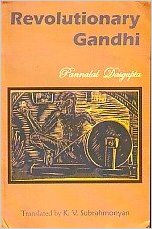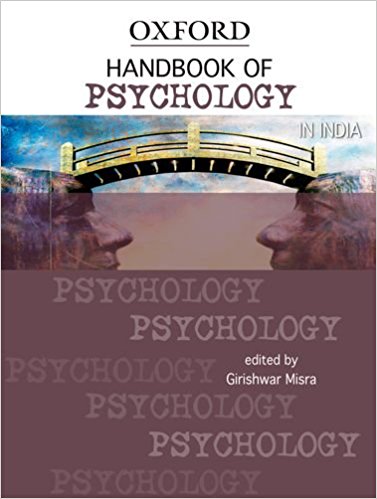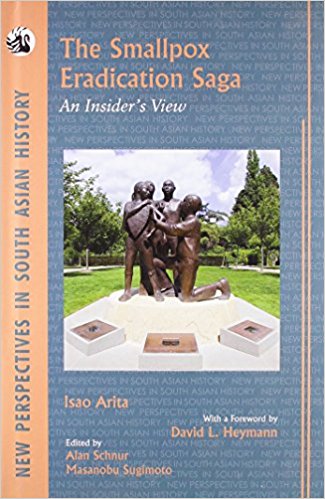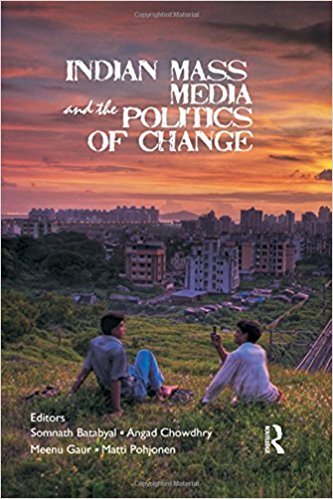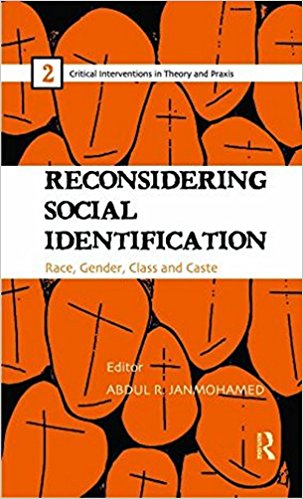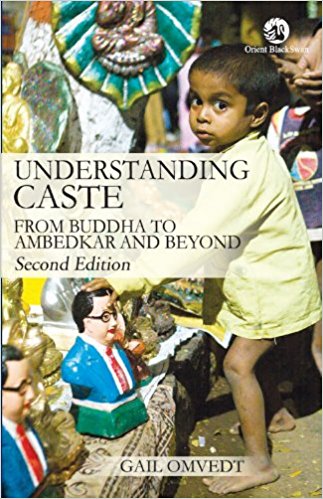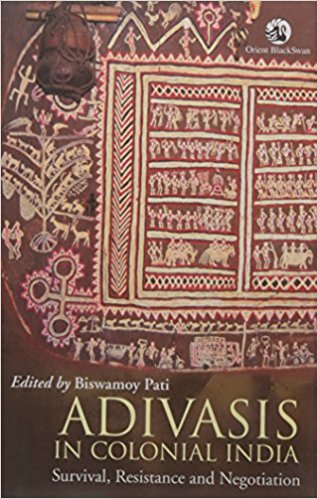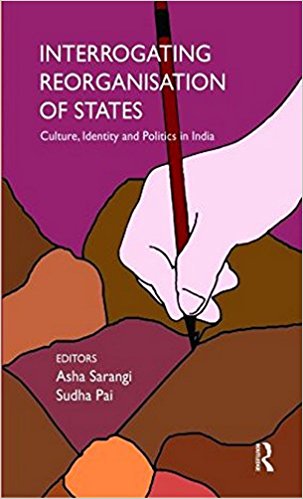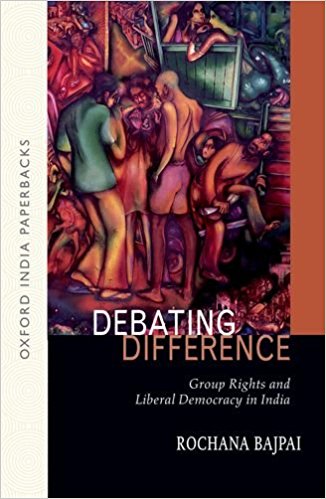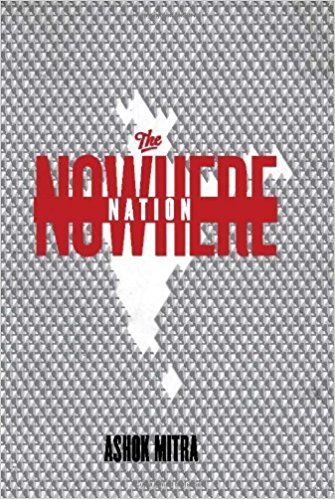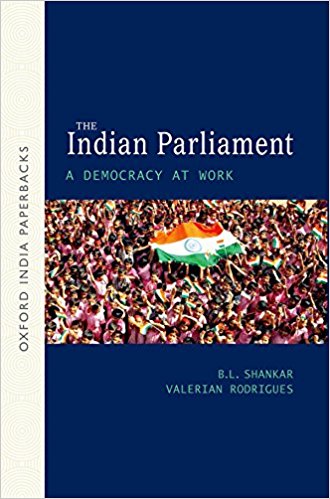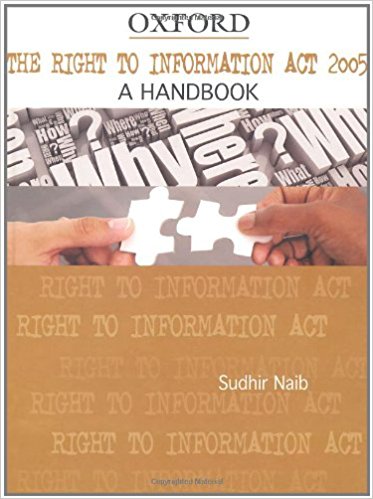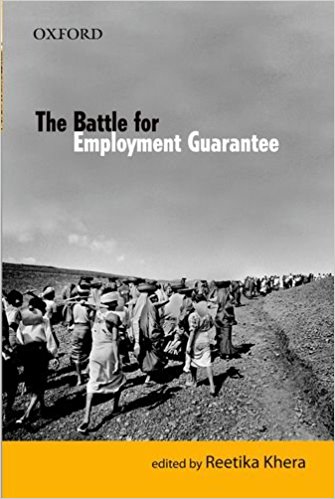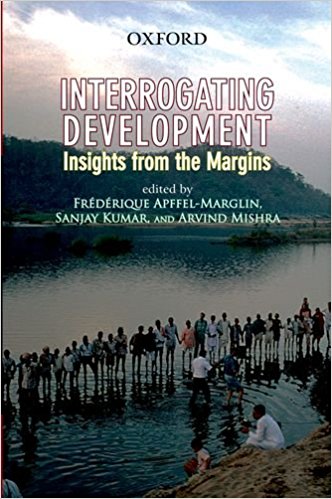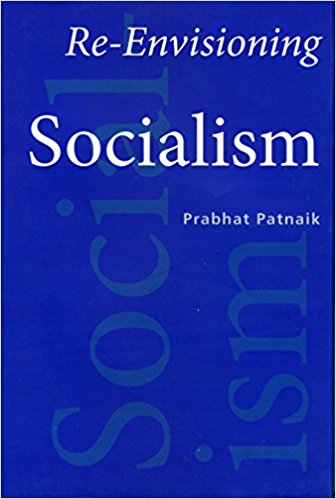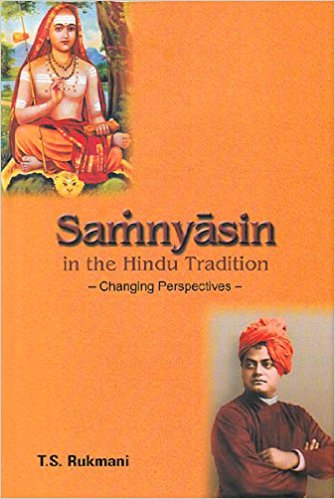A number of books have been published on the life and adventures of ‘Billy’ Arjan Singh, both by Billy and his numerous admirers. This is as it should be, for Billy was one of the most remarkable conservationists the world ever knew, for his commitment, dedication and passion for the cause. The author mentions…
Archives
December 2011 . VOLUME 35, NUMBER 12Writer Anita Desai in her foreword to India: A Traveller’s Literary Companion declares the short-story collection to be ‘curious’, ‘original’ and, ‘audacious’. In the initial impression the book does seem curious. And, in a cynical moment, the collection even appears contrived. Something that may compel the reader…
2011
Poems Come Home is an uncommon piece of collaborative labour. Subtle in its nuances, sensitive in its portrayal, rhythmic in its power and stark in its simplicity, this bilingual book has poems originally written in English by the poet-critic Sukrita Paul Kumar, who uses the pen name ‘Sukrita’. These have been translated into Hindustani by the famous lyricist Gulzar…
2011
The novel Middle Time by Priya Vasudevan is a fascinating work of fiction with a dreamlike quality. The plot has two distinct stories set apart by time, place, history, prevalent customs and traditions. The parallel narration of two tales, one set in Hampi and the other in modern-day Chennai and the chronological timeframe-one of 1535…
Rakhshanda Jalil’s debut collection of ten short stories strings together gentle, at times wistful, ruminations -on what it is to be human, to be (wo)man, to be ill, to survive, to be from certain times and (un)certain locations. Sometimes in the first person, sometimes in the third person, these skillfully wrought stories…
The Golden Gandhi Statue from America is a compilation of the early stories of Subimal Misra, an anti-establishment writer who has successfully managed to steer clear of mainstream publishers since he started writing in the 1960s. A self-professed follower of Jean-Luc Godard, Misra is heavily influenced by the montage-style of filmmaking…
Abhinavagupta is an important name in Sanskrit literature and Indian philosophy. Most of the serious writings on these subjects mention at least three of his works. One is the encyclopedic treatise on Kashmir Shaivism, the Tantraloka or Light on Tantra. The other two are path-breaking commentaries on fine arts: the Abhinava Bharati…
The book by Pannalal Dasgupta is calm, clear and has depths of experience, and as sometimes happens, we share in the translator’s wisdom as much as the author’s.
The study of psychology is growing roots and gaining its own threshold in India. The book is both a culmination and proof of the vibrant field of the subject in the country. As Misra points out in the preface,’The publication of this volume indicates that there is substantial work being done by Indian scholars that needs to be shared.’…
Smallpox eradication remains one of the most outstanding achievements in the area of international public health. Any account of this extraordinary achievement of the collective human race ought to evoke interest, especially if it comes from a person of Isao Arita’s erudition. Arita was one of the primary architects of WHO’s ‘Intensified…
This book, a brilliant book, received extraordinary attention in India. You might disagree with me, but I believe we do not have a rich literary culture. This is of course fundamentally related to India’s caste structure, and that we haven’t changed that much since Independence. There is little public space for books…
In 2008, as America cheered and roared for change, Barack Hussein Obama, the son of an African father and a Caucasian mother, became the 44th President of the United States of America. Considering the blood splattered, radically disturbing history of the country, this indeed was a huge change…
The boredom of teaching and learning social stratification in the ambit of social science is nearly an abiding experience in academia. Teachers end up recycling the monolithic categories and students learn the trick of obtaining good grades in the course. The categories of social stratification, such as race, gender,…
This striking book, a collection of thirteen papers, on the genealogy, locations and practices of sociology in India tries to locate within the complex, contradictory, and contesting histories of sociological traditions in the various settings during the colonial period and immediately after, before the spiralling expansion of the university…
Gail Omvedt’s book attempts to understand caste, critiquing the position that equates Indian tradition with Hinduism making Vedas the foundational texts of Indian culture that imprisons even secular minds within brahmanical perspective and proposes to go beyond the debate of posing secularism or reformist Hinduism…
The book under review unravels the way in which the adivasi society negotiated with itself and interacted with shifts and changes that were taking place during the colonial period. The book is divided into three parts consisting of 13 papers. The Editor’s introduction seeks to explore the nature of tribal society in colonial India…
At a time when adivasis are both central to the national political discourse on conversion, migration, the environ-ment, and insurgency, and yet strangely silenced, Alpa Shah’s straight up ethnography of a Munda village in Jharkhand is very welcome. It grounds her critical discussion of these larger issues…
Any serious student of Indian federalism must be aware that if Indian federa-lism has been the key to holding this very complex and culturally diverse country together in conditions of democracy over the last half a century-a remarkable record of nation and state building in sharp contrast to the former USSR and many countries…
Rights are of various kinds-every day we read about people struggling somewhere in the world, for the right to free speech, for sexual rights, for the right to a minimum wage, or for the right to freedom of religion. These rights are indi-vidual rights. One can also have a right to a place in a university, not as an individual…
Whatever generalization you make about India, the reverse of it is equally true.Joan RobinsonAshok Mitra’s collection of sixty essays, published as column pieces in The Telegraph between 2009 and 2011, are self-confessedly quite disparate. The essay ‘A Country, Not a Nation’, however, gives an overall picture of the message that this book attempts to convey…
If we exclude the descriptive and institutional studies of the formal-legal variety, scholarship on legislative institutions in India would actually look threadbare. For a large number of students of Indian politics, obviously influenced by the behavioural revolution, institutions have simply not mattered. Consequently…
On August 15, 2011, while addressing India from the ramparts of the Red Fort, Prime Minister Manmohan Singh said the problem of corruption was ‘a difficultly for which no government has a magic wand’. To the extent that unclean hands include not only the greased palms in public offices but also those belonging to the citizens that do the greasing…
The Battle for Employment Guarantee is a collection of seminal articles that trace the genesis of the Mahatma Gandhi National Rural Employment Gurantee Act (MGNREGA), evaluate its implemen-tation, and provide a commentary on the extent to which the Act has been successful in fulfilling the entitlements…
Divided into three parts, the twelve essays in this volume collectively emerge as a critique to the linear and often instrumentalist ‘developmental’ as well as ‘methodological’ perspective(s) of western modernity and its overwhelming hegemony across the Third World countries. They also deal with agencies and institutional structures working…
People are raising their voice against in-justice and inequity in every corner of the world. They occupy Wall Street in the US, they collect in Tahrir Square in Egypt and they also protest in several small villages in the Ratnagiri district of Maharashtra against the Jaitapur Nuclear Power Project. Ecological degradation…
This is a work that is as interesting as it is informative. It is interesting on account of the several nuances that it is able to reveal pertaining to the Hindu ascetic tradition. Some of the information available here, as the author rightly claims, may be little known to the world outside maths and akhadas…



